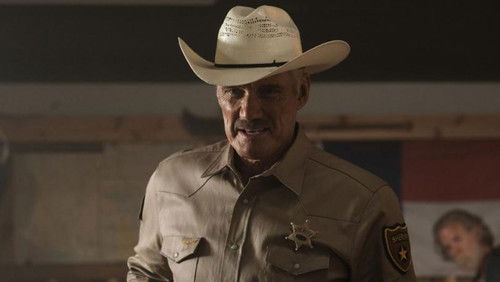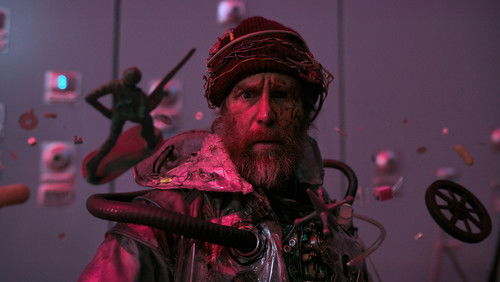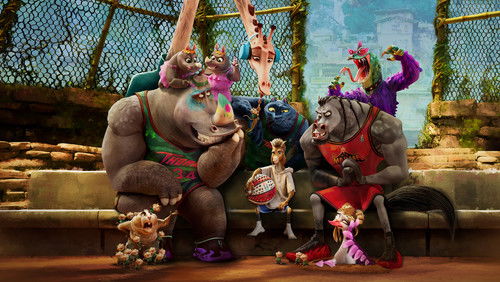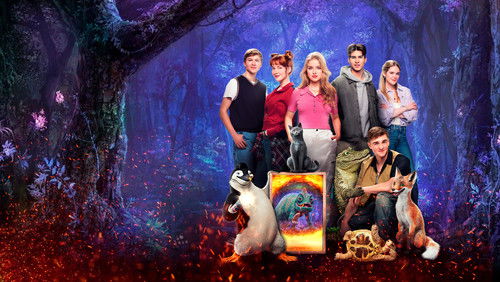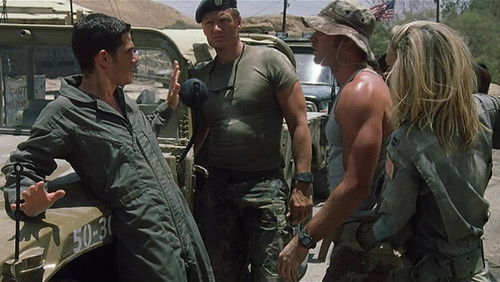Yûhi ni akai ore no kao (1961)
49KYûhi ni akai ore no kao: Directed by Masahiro Shinoda. With Yûsuke Kawazu, Shima Iwashita, Kayoko Honoo, Fumio Watanabe. A young journalist turns to an assassin for help when a team of hired killers comes gunning for her.
“The head of a major construction firm wants some one killed; price is no object. He contacts a hitmanu0026#39;s (and hitwomanu0026#39;s) club, saying he wants the best. They argue over who that individual is. When they set up a challenge to determine the answer, outsider Yûsuke Kawazu inadvertently wins and gets the contract. However, heu0026#39;s distracted by having fallen in love with Shima Iwashita. Guess who the target is!u003cbr/u003eu003cbr/u003eIn between there are the usual eccentric hitmen (and hitwoman), bright colors and songs. Yes, this is Crime Musical, with ballads like u0026quot;Youu0026#39;re an Uptown Hitwoman and Iu0026#39;m a Downtown Hitmanu0026quot;. At first it seems like an eccentric and frequently foolish burlesque of a popular form. However, I believe the film makers had a serious point.u003cbr/u003eu003cbr/u003eThis was the early 1960s, and young film makers were anti-industrial, anti-pollution, anti-corruption, all the hallmarks of the political/social/economic system that was propelling Japan from a post-War recovery into prosperity: in a word, Communist. Young film makers were decrying stodgy film makers like Kurosawa, even as he put subtext into YOJIMBO, and clear text into other movies. The corrupt businessmen who kill off inconvenient reporters, the corrupt editors who take money to kill embarrassing stories, while the audiences complacently watch meaningless musicals with songs about the glories of death-dealing… these were the targets of this satire.u003cbr/u003eu003cbr/u003eThe question then becomes not was this a meaningless artifact of pop culture, but how well it succeeded. Judging by the reviews Iu0026#39;ve seen, no one noticed. Everyone seems to have thought it was a silly thing. So Iu0026#39;d say it didnu0026#39;t have any effect and while we can enjoy the artistry, the serious message, the bones of the movie, the subtext, was wasted.”
